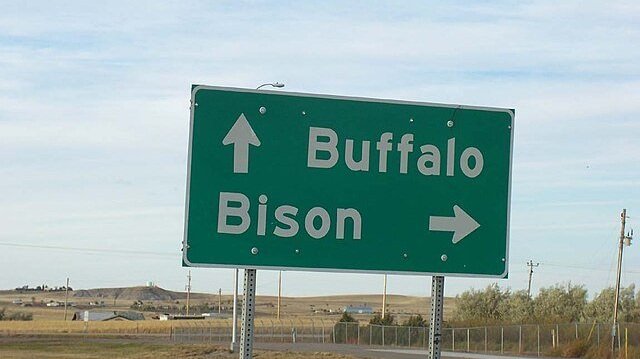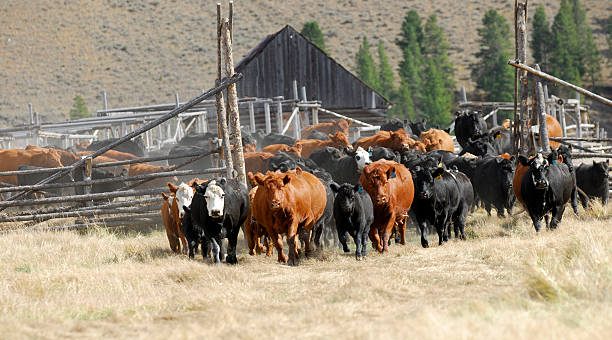WASHINGTON, D.C. – The Supreme Court on Monday rejected a challenge levied against the Beef Checkoff program by Ranchers-Cattlemen Action Legal Fund, United Stockgrowers of America, or R-CALF USA.
The December 2021 petition challenged the implementation of the federal Beef Checkoff Program. The group had asked the court to consider whether otherwise “unconstitutional-compelled subsidies of private speech” are “government speech” free from First Amendment review.
On May 2, 2016, R-CALF sued USDA, alleging the federal Beef Checkoff program amounts to a “government-compelled subsidy of private speech of a private entity,” and argued it was unconstitutional. A preliminary injunction was granted by the U.S. District Court for the District of Montana.
For four years, Montana ranchers were required to sign consent forms to allow the Montana Beef Council to utilize their half of the checkoff dollar to promote beef. R-Calf eventually expanded the lawsuit to include 14 other states.
USDA then entered into memoranda of understanding with 20 state beef councils in Colorado, Florida, Hawaii, Indiana, Kansas, Maryland, Montana, Nebraska, Nevada, New York, North Carolina, Oklahoma, Pennsylvania, South Carolina, South Dakota, Tennessee, Texas, Vermont, Virginia and Wisconsin.
In his ruling in favor of USDA and the Montana Beef Council, District Court Judge Brian Morris cited that by entering into the MOUs, the state beef councils gave USDA significant discretion to approve or reject any and all promotional activities. Under the MOU’s state beef councils agree to submit to USDA for pre-approval all promotion, advertising, information and research plans and projects.
In July of 2021, the U.S. Ninth Circuit Court of Appeals upheld the District Court ruling that the speech generated by the third parties for Beef promotional materials was “government speech”, and therefore is exempt from First Amendment scrutiny.
R-CALF has argued in court that in entering the agreements, “USDA denied R-CALF USA’s members — and ranchers everywhere — their right to weigh in on a federal program they are forced to fund.”










